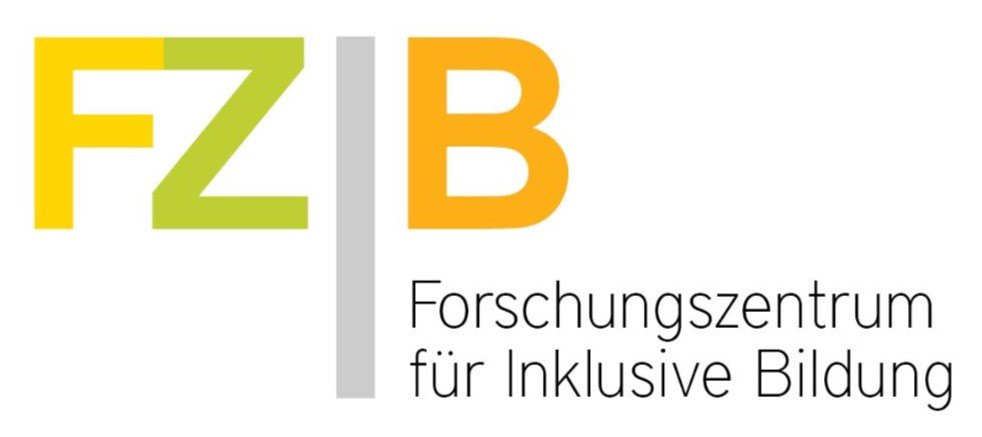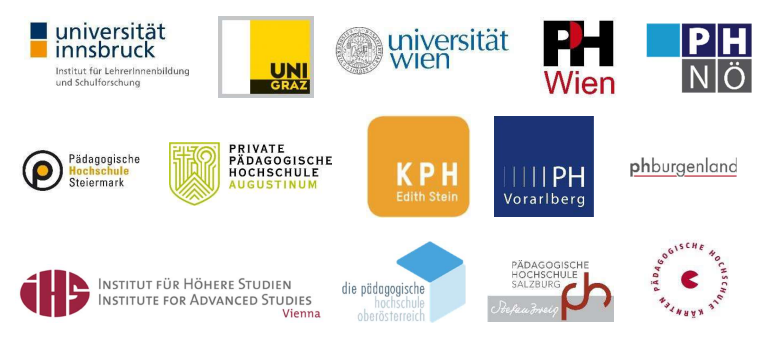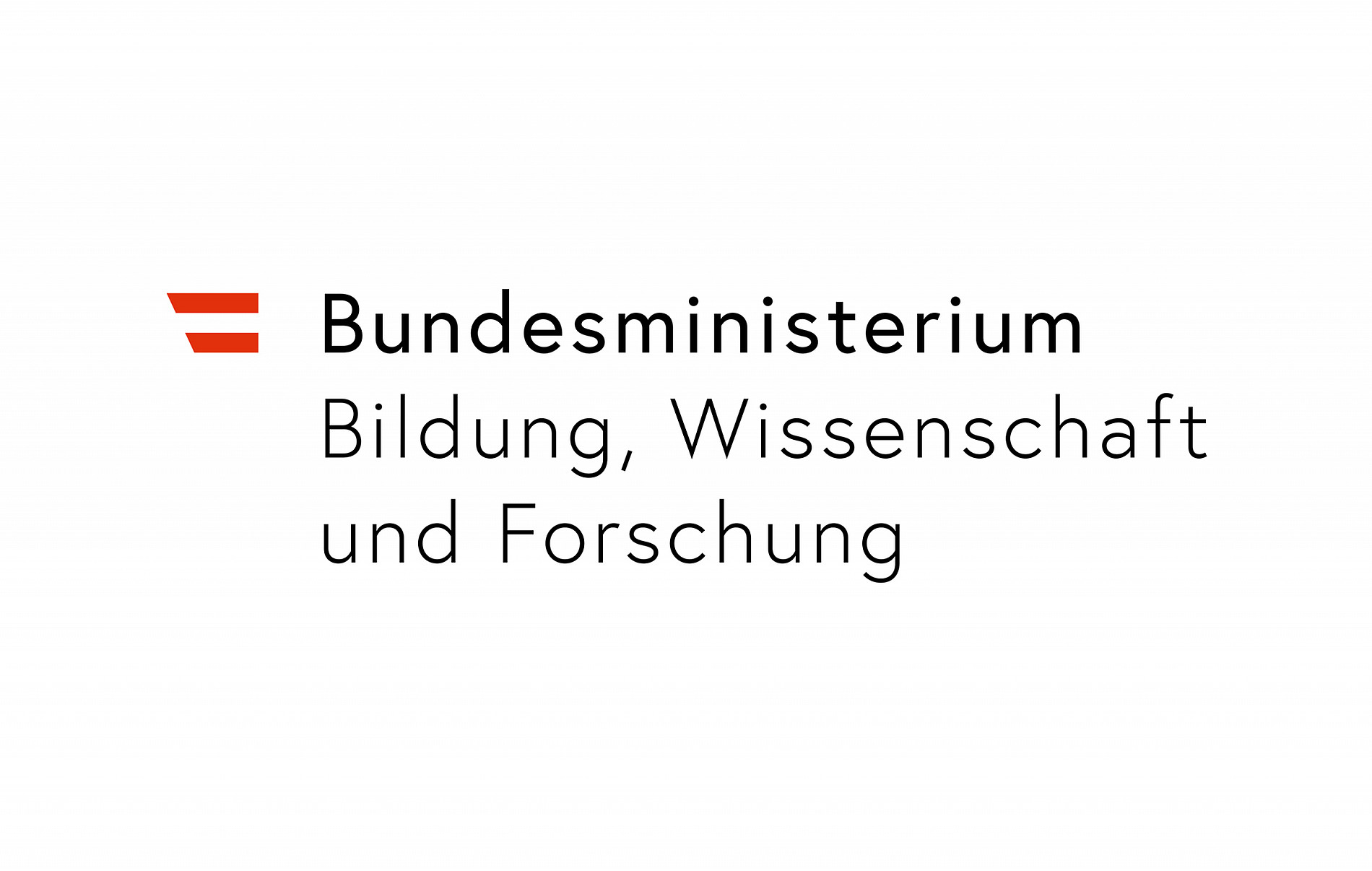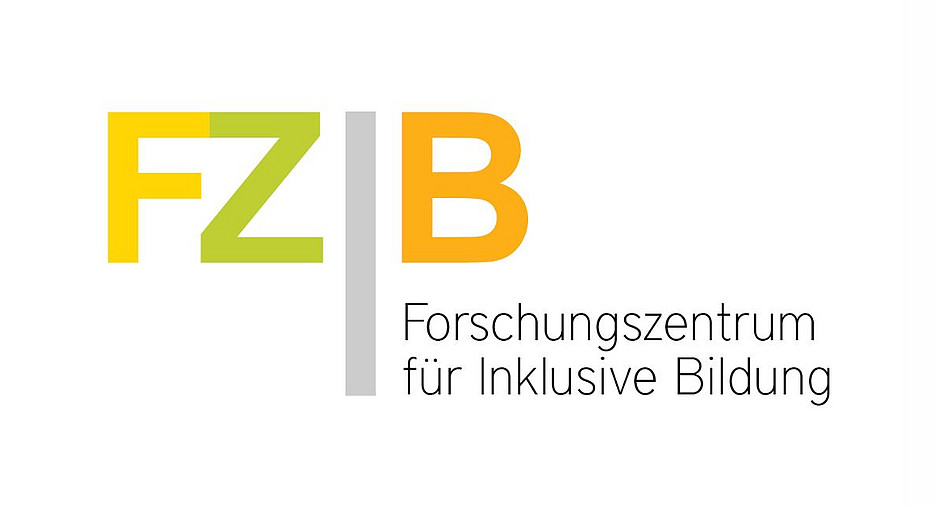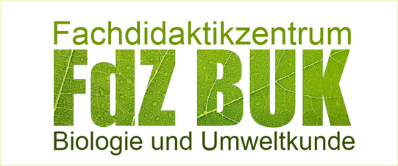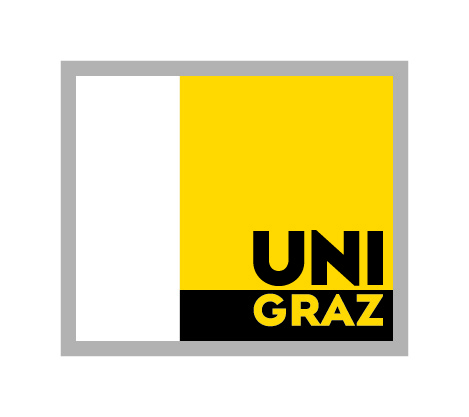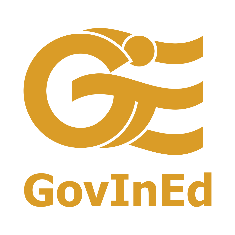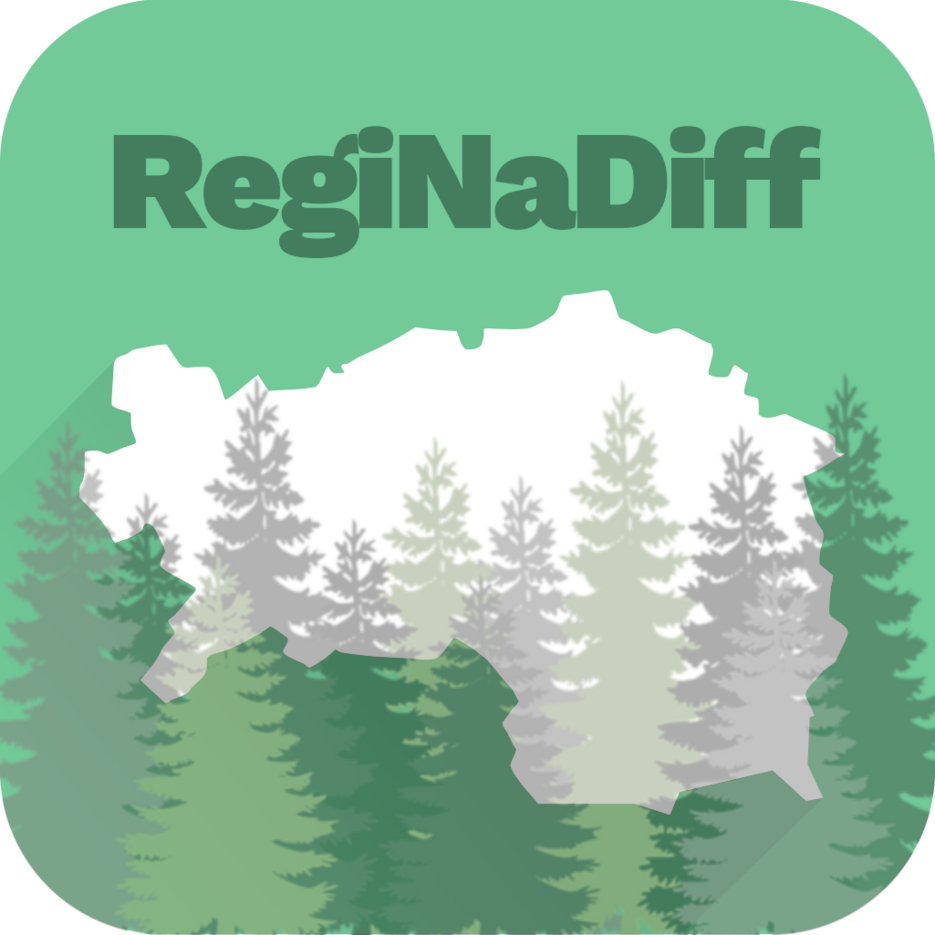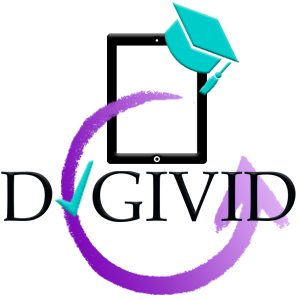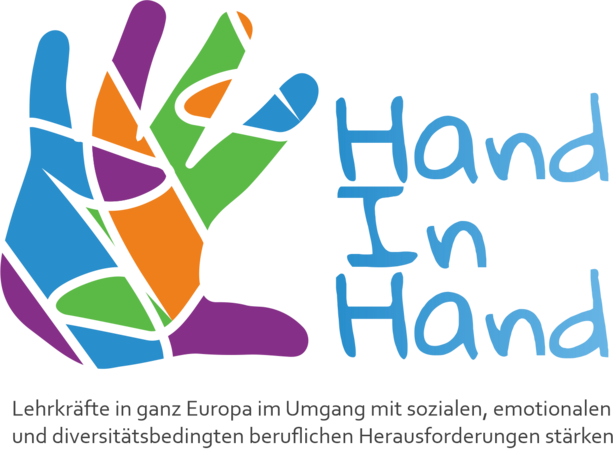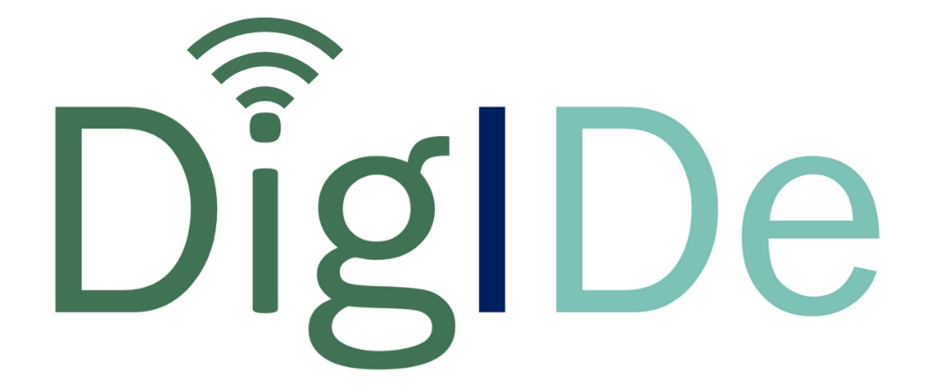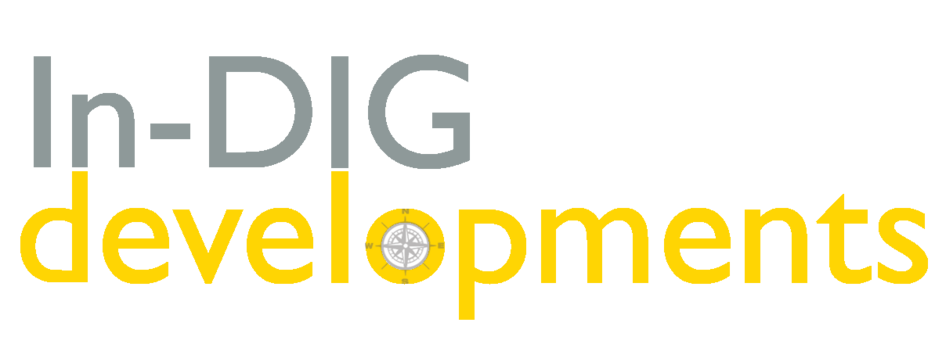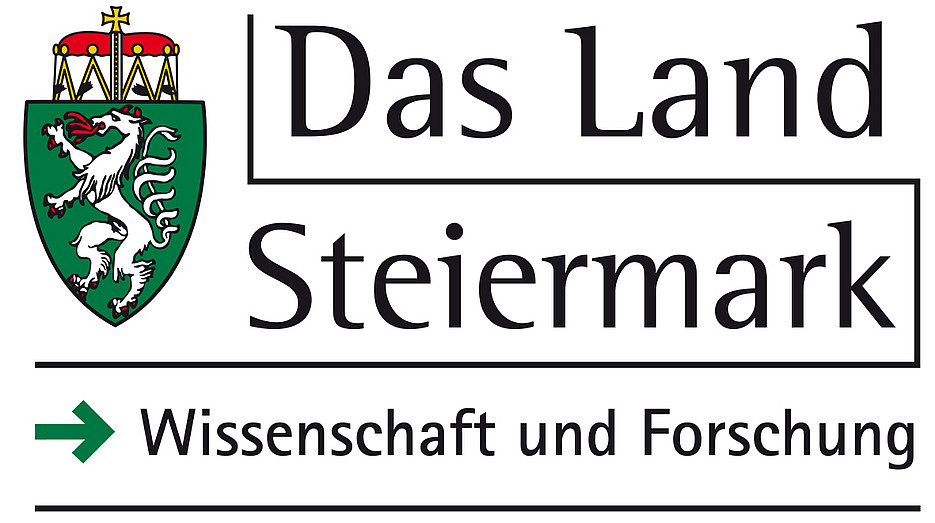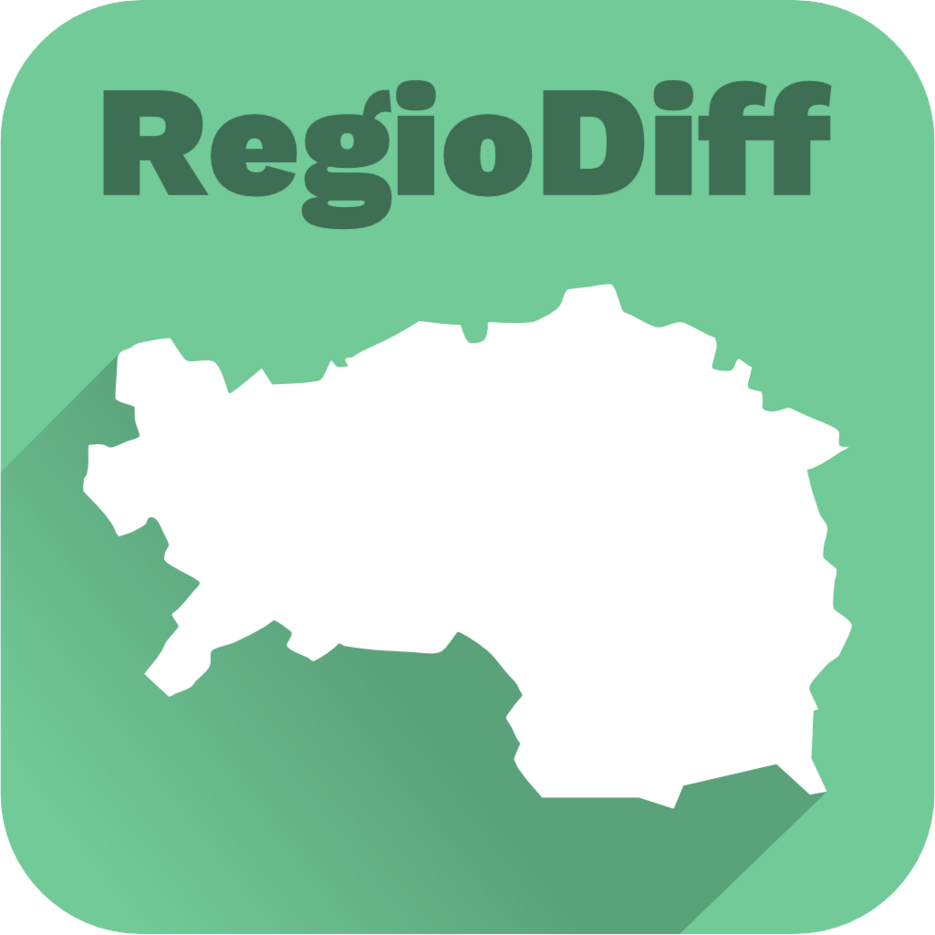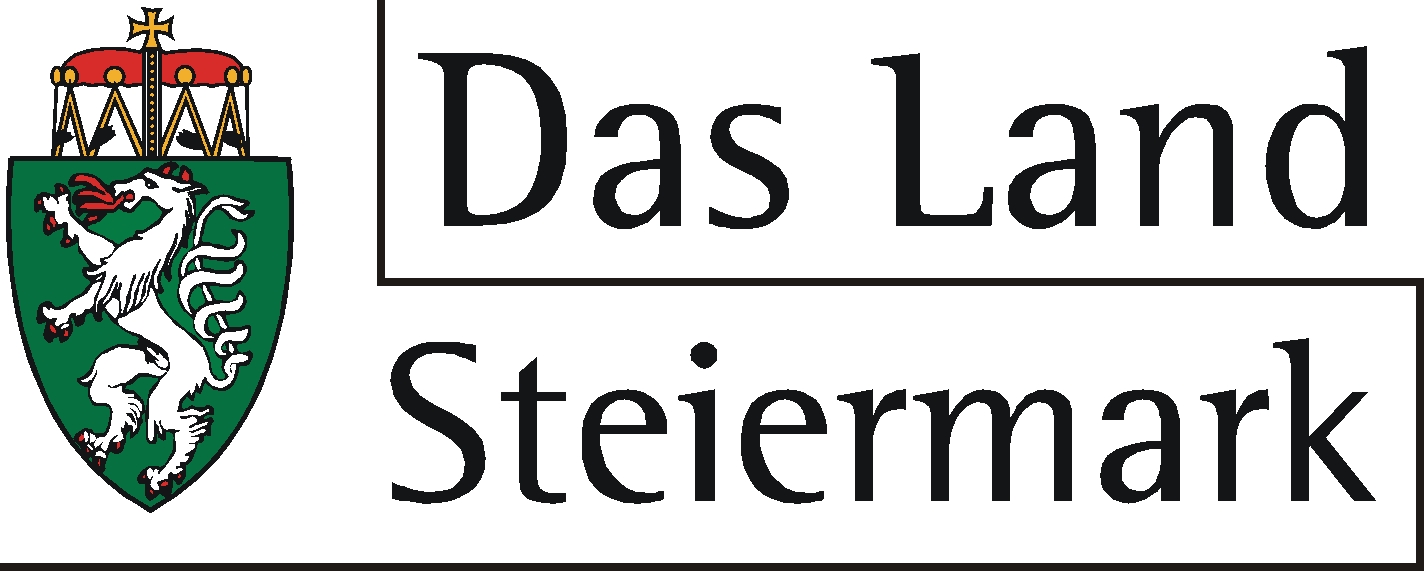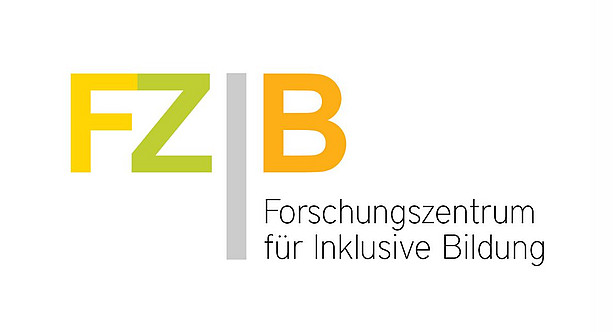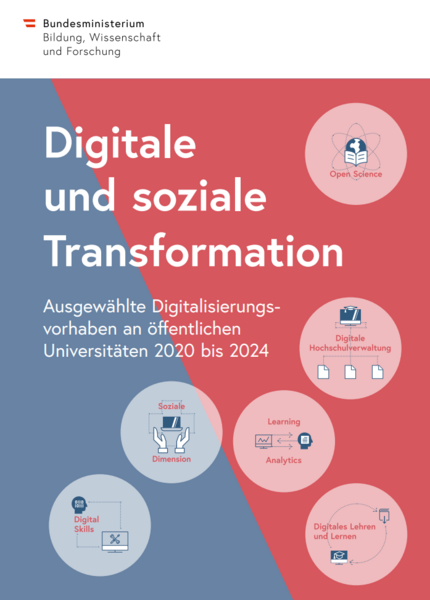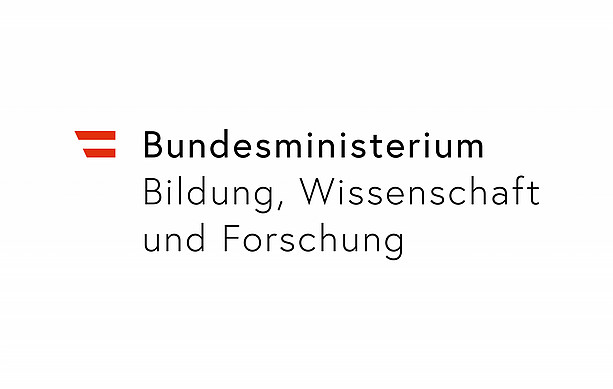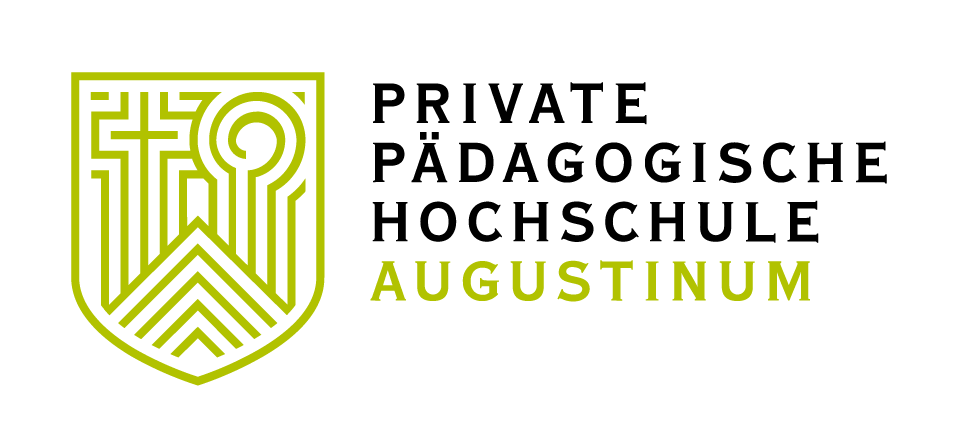Other current projects
Project partners: Verein atempo, Graz, Austria (project coordination), SJOG (Saint John of God Hospitaller Services Group), Dublin, Ireland, TRYcamps, Porvoo, Finland
RCIE researchers: Assoc. Prof. Dipl.-Sprachwiss.in Susanne Seifert, PhD, Valerie Fredericks, BA MSc, Yvonne Fasching, BA, Olena Sereda, PhD (temporary)
Contact: valerie.fredericks(at)uni-graz.at
Duration: 6/22 - 11/24
Here you can find a more detailed description of the project.
Funded by Erasmus+ as a cooperation partnership in the field of vocational education and training; Project Number: 2021-2-AT01-KA220-VET-000049793

Evaluation of the allocation of special educational needs (SPF) in Austria
Project description: The practice of allocating special educational needs (SPF) in Austria represents an interface in the further development of an inclusive education system. Therefore, this project, which is a commissioned research on behalf of the Federal Ministry for Education, Science and Research of Austria, aims to analyze the processes involved in the decision of a SPF. As part of a mixed methods design, (1) expert interviews (including managers of Boards of Education and diversity managers), (2) a survey of parents, teachers, school administrators, diversity managers, (3) an analysis of special educational reports and finally, (4) an analysis of secondary data will be carried out. The project is characterized by close cooperation between the researchers and the respective Boards of Education as well as participation of persons and institutions involved in the SPF allocation process in all nine federal states.
The results of the project can be found in the project report "practice of allocation of SPF in Austria".
Project partners: University of Graz, University of Innsbruck, University of Vienna, PH Burgenland, PH Carinthia, PH Lower Austria, PH Upper Austria, PH Salzburg, PH Styria, PH Vorarlberg, PH Vienna, KPH Edith Stein, PPH Augustinum, Institute for Advanced Studies (IHS)
RCIE-Researchers: University of Graz: Univ.-Prof. Dr.phil. Barbara Gasteiger-Klicpera, Univ.-Prof. Dr.phil. Timo Lüke, Sabrina Temel, BA MSc, Andrea Kogler, BA MSc; PH Steiermark: Prof. Dr. Andrea Holzinger; PPH Augustinum: Prof. David Wohlhart, BEd
Contact: Univ.-Prof.in Dr.in phil. Barbara Gasteiger-Klicpera
Duration: 06/2022 - 09/2023
ASDEX
Students with Autism Spectrum Disorder and EXperiments in science - improving social inclusion and learning for students with Autism Spectrum Disorder through experimenting in natural science lessons
Project description: The project is a cooperation between the Research Center for Inclusive Education (RCIE) and the Center for Didactics in Biology and Environmental Studies (FDZBUK) and is funded as part of the 1000 Ideas Program of the Austrian Science Fund FWF. The aim is to investigate whether experimentation in biology lessons is suitable for positively influencing the learning success and social inclusion of pupils with autism spectrum disorder (ASD). If the partly new, empirically based research approach is successful, the developed lessons will be made publicly available to support teachers. An extension of the project to other science subjects and the corresponding subject didactics centers is being considered.

Project partners: Univ.-Prof. Dipl.-Biol. Dr. Uwe K. Simon and Dipl.-Biol. Dr. Nadine Otto (Center for Didactics in Biology and Environmental Studies, University of Graz)
In cooperation with: University College of Teacher Education Styria, Board of Education Styria, ASS interest groups and associations
RCIE-researchers: Univ.-Prof. Dr.phil. Barbara Gasteiger-Klicpera
Duration: 01.04.2022-31.03.2024

Inclusion-Friendly Classroom
The ICF as a Problem-Solving Tool for the Team Around the Child in Educational Settings - INCLUDE with ICF
Project description: The Erasmus+ project "Include with ICF" started on February 1, 2022 as part of the Key Action "Cooperation partnerships in school education". Eight national and international project partners from Austria, Germany, North Macedonia and Turkey aim to increase the quality of education by participation and enhancing inclusion and equity in school settings. The consortium creates synergies between different sectors related to education of students/pupils with disabilities by introducing the International Classification of Functioning, Disability and Health (ICF) and providing team teaching methods. The objectives towards achieving the goal of the project are: a) to enhance the skills of educators towards a common ability-based and participation-focused language by using ICF; b) to increase (participation) goal orientation and inclusiveness in the classroom by means of an ICF evaluation tool; c) to increase team work in the “team around the family” and d) to promote inclusion by facilitating teaching processes based on reflective self-learning of teachers.
Project partners: Austria: University College of Teacher Education Styria and Social Innovative Network Dr. Pretis; North Macedonia: Education for All, Municipality Gazi Baba, Imago Plus and Association of Special Educators; Germany: MSH Medical School Hamburg; Turkiye: Melek Academy Dudu Melek Sabuncuoglu
RCIE-researchers: Prof. Silvia Kopp-Sixt, BEd MA; Mag. Katerina Todorova (till 31.8.2024 PHSt); Prof. Mag. Dr. Andrea Holzinger
Duration: 01.02.2022 - 31.01.2024
Governance Inclusive Education - GovInEd
Project description: Inclusive education reforms and change processes are complex phenomena on various systemic and policy levels. The goals of the project are to explore how and why coordination or implementation does or does not work in all levels of the governance system (multi-level-analyses of governance) and to gain knowledge and expertise that can be shared through professionalization of stakeholders on governance of inclusive education. The project focus is on network analyses and involvement of all relevant actors and stakeholders in the context of inclusive education transformation processes and ongoing reform efforts in the participating countries Germany, Austria, Italy and Spain. The project results are focused on gaining fundamental insights for a successful governance for inclusive education through the country comparison and developing an international curriculum that is available as OER to all interested parties as an information and qualification tool.

Project partners: Austria: University College of Teacher Education Styria (Lead), Board of Education of Styria; Germany: Ludwigsburg University of Education, Leipzig University and Education Authority Tübingen; Italy: Free University of Bozen-Bolzano and Autonomous Province of Bolzano; Spain (Catalonia): Autonomous University of Barcelona and Department of Education of the Generalitat de Catalunya
RCIE-researchers: Prof. Silvia Kopp-Sixt, BEd MA; HS-Prof. Mag. Edvina Bešić, MSc PhD; Mag. Katerina Todorova (till 31.8.2024 PHSt); Prof. Dr. Andrea Holzinger; HS-Prof. Mag. Mathias Krammer, MA PhD
Duration: 01.01.2022 - 31.12.2024

RegiNaDiff
Regional, sustainable and differentiated teaching: Starting the green transformation in school
Project description: RegiNaDiff aims to impart knowledge about a sustainable way of life in 4th and 5th grade. A modular system (editor) is being developed with which teachers can enrich and digitize their own differentiated texts on regional sustainability-related topics with vocabulary work, tasks and reading strategies. The materials that are created and evaluated in the project are accessible and expandable for all teachers (through the editor), so they can be use it in inclusive lessons. The students work with the created materials in project weeks and carry out topic-related hands-on projects. The aim is to give pupils a better understanding of sustainability-related topics, such as animal, nature and environmental protection, renewable energies, regional food supply, waste avoidance and responsible use of resources.
Project partners: University of Graz (lead), PPH Augustinum, Wohlhart Lernsoftware, Research Center for Inclusive Education (RCIE) and associated partners from the fields of education and sustainability (Saubermacher Dienstleistungs AG, Zero Waste Austria, Repaircafé Premstätten, Repaircafé Graz, Environmental Education Center Styria, Climate Region Anger & Floing)
RCIE-researchers: Jessica Berger, MSc; Ass.-Prof. Mag. Mestre Lisa Paleczek, PhD; Daniela Ender, MSc; Ass.-Prof. Dipl.-Sprachwiss. Susanne Seifert, PhD; Prof. Dr. Martina Kalcher and Prof. David Wohlhart, BEd
Duration: 11/2021 - 1/2023
Lubo LRS - Social-emotional learning for children with reading and spelling difficulties
Project description: The Lubo-LRS project will run from July 2021 to June 2024, funded by the Boll Foundation. The aim of the project is to develop and evaluate behavioral training for the specific target group of children with reading and spelling difficulties (LRS) on the basis of an evidence-based measure of social-emotional learning ("Lubo from space", Hillenbrand et al., 2018). In a first step, specific situations that are challenging for these children will be identified in advance by means of literature research and a questionnaire study. Subsequently, support options for these situations will be offered in the training. An evaluation in Germany, Austria and Switzerland is planned.

Project partners: University of Cologne (Lead); University of Graz; HfH Zurich
RCIE-researchers: Univ.-Prof. Dr.phil. Barbara Gasteiger-Klicpera, Assoc. Prof. Dipl.-Sprachwiss. Susanne Seifert, PhD
Duration: 01.07.2021 until 30.06.2024

DIGIVID
Digital Competences Unleashed: Education and Training of Digital Competences in the era of CoVid-19
Project description: From May 2021 to April 2023, the DIGIVID project will provide in-service training in online digital competencies for teacher educators and teachers who are either currently in training or already in service. This in-service training will be built around a widget that refers to the DigComp 2.1 framework. The widget will create a learning environment that teaches the DigComp competencies through differentiated learning objectives that can be worked through at one’s own pace. The use of this widget will be evaluated in in-process trainings (Austria, Germany, Norway).
Project partners: Graz University of Technology/Know Center (Lead); Dresden University of Technology; Norwegian University of Science and Technology; University of Graz
RCIE-researchers: Univ.-Prof. Dr.phil. Barbara Gasteiger-Klicpera, Ass.-Prof. Mag. Lisa Paleczek
Duration: 01.05.2021 until 30.04.2023
HAND IN HAND
Promoting social-emotional skills and diversity awareness among teachers in Europe
Project description: In their professional life, teachers need to respond competently to new challenges on a daily basis. The HAND:ET project, funded under the "Support for Policy Reform" action, is developing an innovative, universal program from March 2021 to February 2024 that aims to promote social-emotional competencies and diversity awareness among teachers. The program will be tested using a quasi-experimental design with control groups among primary and secondary teachers in Slovenia, Croatia, Sweden, Austria and Portugal. The results will be summarized in guidelines and will be used as EU- and country-specific recommendations to address current structural challenges of the teaching profession.
Activities in the project can be found in the detailed description of the Hand in Hand project.

Project partners: Educational Research Institute (ERI), Slovenia; Ministry of Education, Science, and Sport (MESS), Slovenia; Ministry of Science and Education (MSE), Croatia; Board of Education of Styria, Austria; Leibniz Institute for Research and Information in Education (DIPF), Germany; Institute for Social Research in Zagreb (ISRZ), Croatia; University of Graz (Uni Graz), Austria; Mid Sweden University (MIUN), Sweden; Universidade de Lisboa (ULisboa), Portugal; Aarhus University (AU), Denmark; Network of Education Policy Centres (NEPC), International NGO
Associated project partner in Austria: PPH Augustinum
RCIE-researchers: Univ.-Prof. Dr. phil. Barbara Gasteiger-Klicpera, Ass.-Prof. Lisa Paleczek, Valerie Fredericks MSc, Christina Odescalchi MSc
Duration: 28.02.2021-28.02.2024

Digitalization and inclusive education (DigIn)
Leaving no one behind in the digital era
Project description: The project “Digitalisation and inclusive education: Leaving no one behind in the digital era” aims to empower and professionalize teachers from different school types in the field of digital and inclusive education. By doing so, it hopes to increase the participation of students with disabilities in digital education.
Pursuing this goal, we will create a training for in-service schoolteachers who were primarily not trained to offer digital education for students with disabilities. The training will foster teachers’ digital competence and increase their capacity to support students with disabilities in either the inclusive classroom, in a blended learning format or during distance learning.
Project partners: PHSt and PPH Augustinum (Austria), Competence Centre for School Inclusion of the University of Bozen (Italy), DUGA (Bosnia and Herzegovina), OOU Hristijan Karposh and Education for all (North Macedonia).
RCIE-researchers: HS-Prof. Edvina Bešić, PhD; Prof. Dr. Andrea Holzinger; Mag. Katerina Todorova (till 31.8.2024 PHSt) ; Prof. Silvia Kopp-Sixt MA ; Prof. David Wolhart, BEd and Prof. Dr. Martina Kalcher
Duration: 01.06.2021 - 31.05.2023
DigIDe - Project for the detection of dementia in people with intellectual impairment
Project description: The aims of this project are to design a digital tool and develop a prototype for the early detection of dementia in people with intellectual impairment. This is intended to minimize stressful situations that arise for caregivers due to dementia symptoms in people with intellectual impairment and to clarify possibilities for support and assistance. The tool is developed in a participatory process with all involved parties and is intended to facilitate the daily routine ofcaregivers and to expand their observation and communication possibilities.

RCIE-researchers: Univ.-Prof. Dr. phil. Barbara Gasteiger-Klicpera, Dominik Pendl, BA MSc. PhD.
Duration: 01.04.2021 - 31.03.2023
Funded by the Styrian Chamber of Labour within the framework of the digitalization offensive.
A detailed description of the project can be found here.
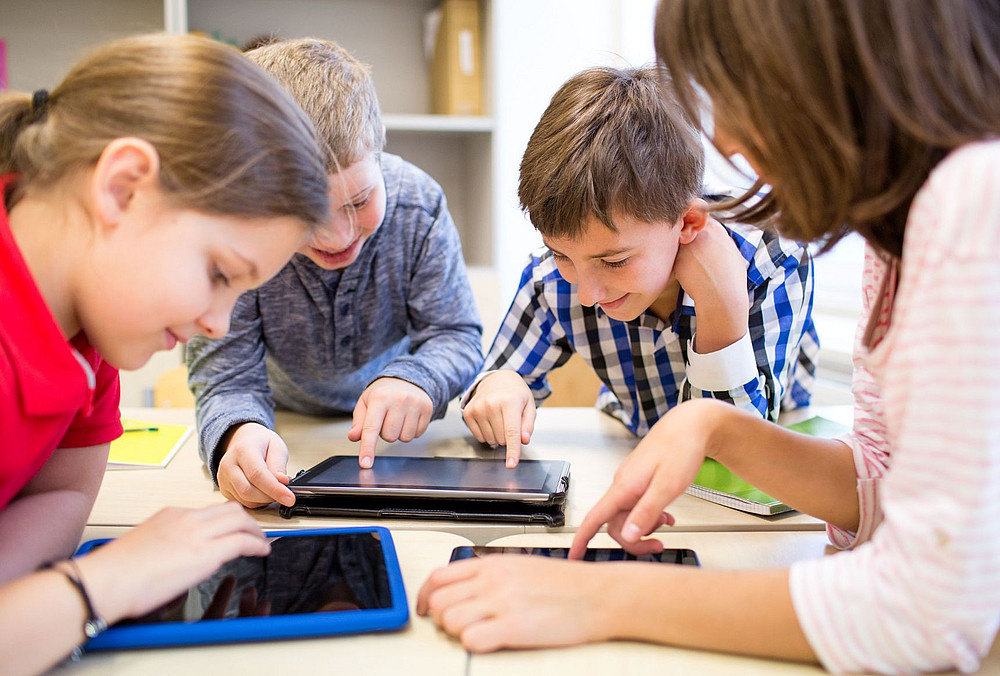
'Scratch Options!
Social problem-solving skills and CT in 4th and 5th grade students
Project description: In the context of the advancing digitalization permeating all areas of life, digital competencies are gaining in significance. Therefore, digital competencies and Computational Thinking (CT) have to be addressed and promoted within the educational context. Focusing on these areas, however, should not lead to neglecting other fundamental competencies of students. This relates especially to social-emotional competencies and their promotion in school, as the individual abilities of students influence the social interactions in the classroom and thus class climate. ‘Scratch Options!’ tries to build a bridge, so that promoting social-emotional and digital competencies are not mutually exclusive, but complement and build on each other. In the project, students will program interactive stories related to social-emotionally challenging situations with the help of the child-friendly programming language Scratch (graphic building block system). Creating these stories should foster their social-emotional competencies, as well as their CT.
The goal is to develop, test and evaluate a type of joint promotion of these competencies (CT and social-emotional competencies) within the class structure, so teachers can rely on evidence-based interventions. The contents (social-emotionally challenging situations) should address concrete challenges within the classroom, in order to enable tailored interventions.
RCIE-researchers: Univ.-Prof. Dr.phil. Barbara Gasteiger-Klicpera, Katharina Maitz, PhD MA BA BA, Ass.-Prof. Mag. Lisa Paleczek, PhD;
A detailed description of the project can be found here.
In-DIG developments - Inclusion through digital school development - barriers and solutions due to Covid-19
Project description:The project goal is to better understand the impact and the changes, caused by COVID-19 in primary and secondary schools in Styria. For this purpose, pupils, teachers, school directors and parents are surveyed using a mixed-method-approach. The involved persons are asked about their experiences of school inclusion and the associated changes in teaching methods and structure during the COVID-19 pandemic. The gained scientific findings regarding barriers and models for inclusive, digitally supported teaching and learning environments will be used to accompany and support future inclusive school developmental processes.
The first findings of the project were presented and discussed in an online workshop, which took place on November 11, 2020. The workshop focused on broad-based interdisciplinary exchange with different stakeholders. More information regarding this workshop can be found in the program (you can find the program in German language here).
The study is conducted in cooperation between the Research Center for Inclusive Education (RCIE) and the AB Inclusive Education and Special Education Psychology , under the direction of Univ.-Prof. Dr. phil. Barbara Gasteiger-Klicpera, as well as the AB Empirical Educational Research, headed by Univ.-Prof. Dr. phil. Heike Wendt and the Institute for Ethics and Social Studies at the University of Graz. The project is implemented with financial support from the state of Styria.
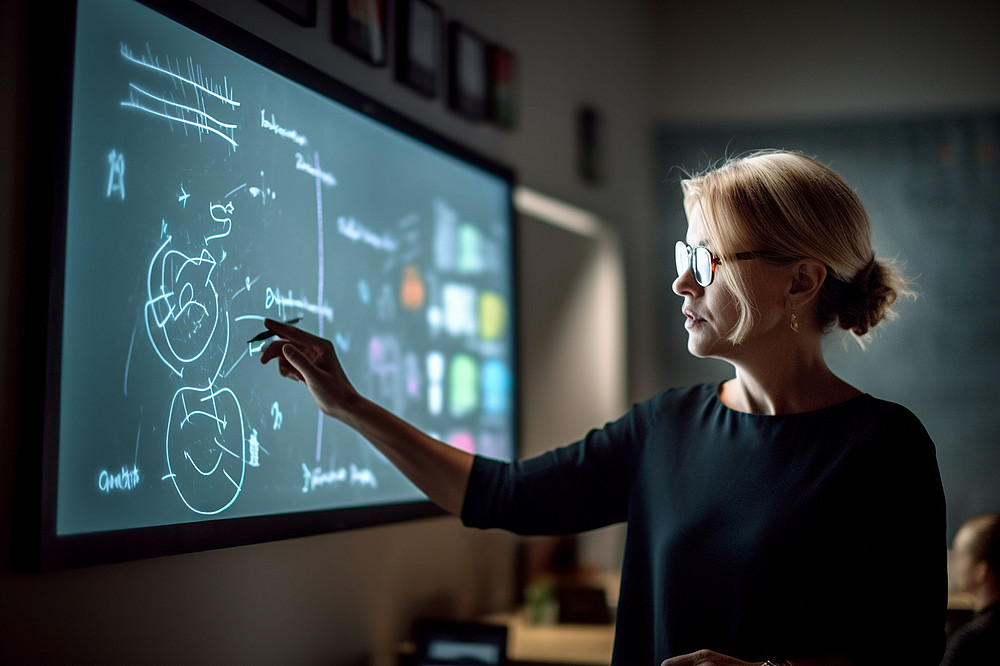

Large Scale Assessment of educational standards data D416
Project description: The aim of this study is to examine correlations between the degree of heterogeneity in the classroom and the performance data of pupils in the subject German (reading and spelling). In particular, it examines the extent to which there is a correlation between the number of students excluded from the standardized test and the level of achievement in German in the classroom. The exclusion of pupils is used as a rough indicator for the target group of inclusion (children with disabilities). As additional influencing variables, information on social and cultural capital in the families is considered and class composition effects are taken into account.
RCIE-researchers: Univ.-Prof. Dr.phil. Barbara Gasteiger-Klicpera, HS-Prof. Mathias Krammer, PhD, MA (PHSt - Lead); Ass.-Prof. Dipl.-Sprachwiss. Susanne Seifert, PhD
Project duration: 10/2019 - 07/2021
RegioDiff
Project description: The goal of this project was to prepare and transfer knowledge about the region of Styria. In 2019/2020 specialized texts about the regional characteristics of Styria were prepared by the project team and pupils from secondary schools. The prepared texts were differentiated and adapted based on the reading skills of the pupils and enriched with vocabulary exercises and reading strategies. These texts are used in primary schools in Styria in the school year 2020/2021 either as printed materials or embedded in the digital learning environment.


Divided youth in the Austrian school system
Division of the school system - Heterogeneity and diversity in school classes in interaction with the social-emotional development of Styrian secondary school students
Project description: This project is a cooperation of the University College of Teacher Education Styria, the Technical University of Dortmund and the University of Graz, which is/was carried out at the Research Center for Inclusive Education. The main focus is on the investigation of internal school effects (tracking / type of class setting) on the social-emotional development of Austrian secondary school students. For this purpose, 1550 pupils from the new secondary school and the lower secondary school were followed longitudinally from 2018 until the beginning of 2021. The data collection is based on a mixed-method approach. Both quantitative (questionnaire survey) and qualitative methods (expert interviews) were used. Initial results show clear influences of the type of school and class setting on the social-emotional development of pupils.
Funded by: State of Styria
Project partners: University College of Teacher Education Styria (lead), University of Graz, Wohlhart Lernsoftware, Technical University of Dortmund
RCIE-researchers: HS-Prof. Edvina Bešić, HS-Prof. Mag. Mathias Krammer, PhD, MA; Ass.-Prof. Mag. Lisa Paleczek, PhD and Prof. David Wohlhart BEd
Duration: 10/2018 - 12/2021
Funded by: State of Styria
Establishment of a research center for inclusive education
Project description: "Digital and social transformation in higher education" (in German).
Brochure of the Federal Ministry of Education, Science and Research: Digital and social transformation. Selected digitalization projects at public universities 2020 to 2024. (Project description can be found on page 42, in German language).
Of the more than 70 projects submitted, 35 were deemed worthy of funding by an international jury. Among them was the project "Establishment of a research center for inclusive education".
An international jury rated 35 out of more than 70 submitted projects as eligible and worthy for financing. Among them, the project “Establishment of a Research Center for Inclusive Education” was selected for financing.

